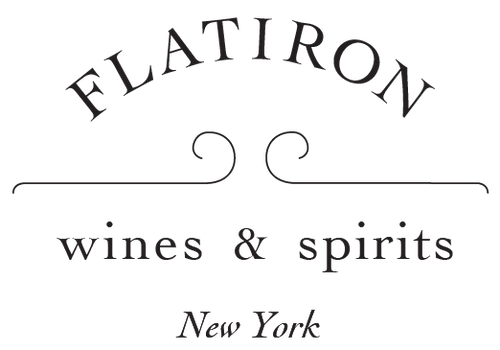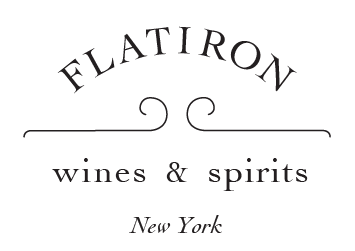
Difficulty level: Wine 101
France’s Rhône Valley is a marvel. The Northern and Southern regions are fascinatingly different from one another, in geography and the wines they produce, and yet they share an enchanting wildness. The Rhône has been a viticultural hotspot for over 2,000 years and there are 21 authorized grape varieties, yet some appellations use only a single one. Bordeaux may be for the statesman, Burgundy for the intellectual, but the Rhône is for the passionate adventurer. Annie Edgerton, DWSET, will take you on a journey through the breathtaking region, its history, varieties, and styles, sampling five incredibly diverse wines. Will she be able to corral everything the Rhône has to offer into one class? She’s ready to try!
This class will begin at 6:00pm on Tuesday, November 5 and run for approximately 90 minutes. Wines tasted in class will be available for purchase with a discount available to attendees only.
Each class begins at 6pm. Unless otherwise noted, classes will last approximately 75-90 minutes. Seating is limited and we encourage early arrival if you wish to sit together with your party. If your plans change, let us know as soon as possible: refunds can only be issued when notice is given 48 hours before the start of class.
Meet your instructor

It’s hard to believe that there’s a Burgundian style of wine that could be considered under-appreciated, but in our opinion, the humble passetoutgrain is exactly that. It’s an easygoing blend of Pinot Noir (naturally) and Gamay, a lingering reminder of that grape’s long history in the region (until Philip the Good, very dramatically, banished the variety in the 14th century, and it found a new home in Beaujolais).

Great Value From Opposite Ends of the Boot
There’s a little-known spot in the middle of Sicily with incredible viticultural treasures. Feudo Montoni's vines are isolated from the rest of the island's viticulture, a small oasis of vineyards surrounded by a sea of golden wheat and ancient olive groves. This isolation has worked like magic to keep the phylloxera pest away. And no phylloxera here means no grafting necessary: these vines are own-rooted and some are hundreds of years old. Scientists believe this is the birthplace of Nero d'Avola.

Julian Haart's Skill + Klaus-Peter Keller's Terroir = A Stunning Riesling
Rote Erden comes from the Zellertal am Schwarzen Hergott, a cold parcel on pure limestone soils. Keller farms the vines, but Julian calls the harvest, and the fruit is trucked back to Piesport to be vinified and aged in Julian’s cellar. The wine is whole-cluster pressed and vinified and aged in large neutral barrels for 10 months before bottling.






